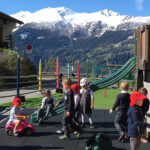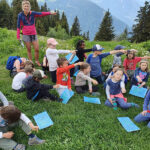UNDERSTANDING THE STRATEGIES VIS IS TAKING TO FACILIIATE TRANSITION TO REGULAR SCHOOL AND PHYSICAL LEARNING
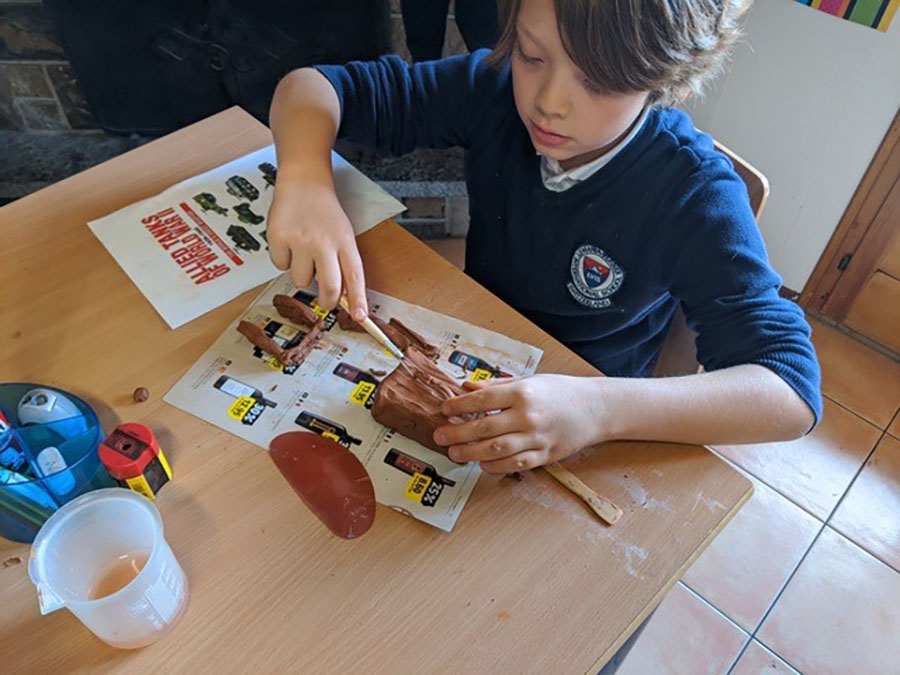
Schools in various parts of the world are slowly returning to physical learning. Regardless of where you are, this is an exciting moment for teachers, students, and their parents. Getting a remote education has never been easier, and this time trying to study at home has made us all much better at providing remote education options. Our return to a physical school location these past two weeks has been incredibly successful.
Children are happy to be learning together once more with fun activities and projects that may not have been possible remotely. Children in all age groups have been focusing on hands-on learning experiences such as: planting seeds, exploring germination, cooking to explore changes in material, and quantities. Students have also engaged in tennis, golf, and other fun outdoor activities.
Classes in the primary school decided to make wooden hand extensions to enable us to high five each other during this time in which we still have to socially distance ourselves.
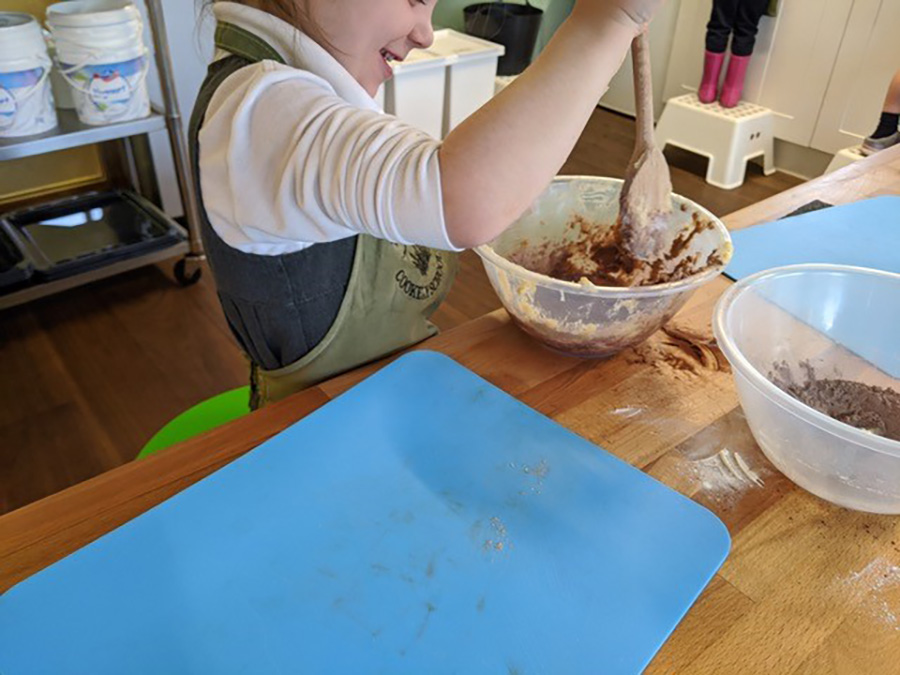
Students have been very diligent in their work and proud to show what they learned during the quarantine. Many students have developed and grown in their independence and have slipped right back into the routines of school. Thanks to the teachers’ hard work and dedication to the children’s learning, the transition back to school have been smooth and uneventful.
To allow children to have time to learn out of the school and to have hands-on experience, VIS is working in tandem with Advance Tennis Camps, Mountain Thyme Cookery school, Les Elfes, Acro-Verbier, Mike Coppens, and Kiki Thompson. All of which offer a wide range of activities and learning opportunities in the commune of Verbier.
Each week, every year group will have a morning or afternoon to partake in activities offered by partners in the area. Forest school, climbing, and rope courses will be among some of our future sessions. For those parents already looking for summer camp ideas, these will allow for a wide range of experiences and options.
Though the majority of our students have had the pleasure of returning to classes on the school premise, some of our students are still learning remotely. To support families who have chosen to travel to home countries during the quarantine and who wanted their children’s education to continue at VIS, the school has continued remote learning. Children sign in to meet code for different lessons.
As such they are able to follow along with instructions and ask questions when needed. Worksheets and activity explanations are sent to students prior to classes to enable them to see what they may need help with.
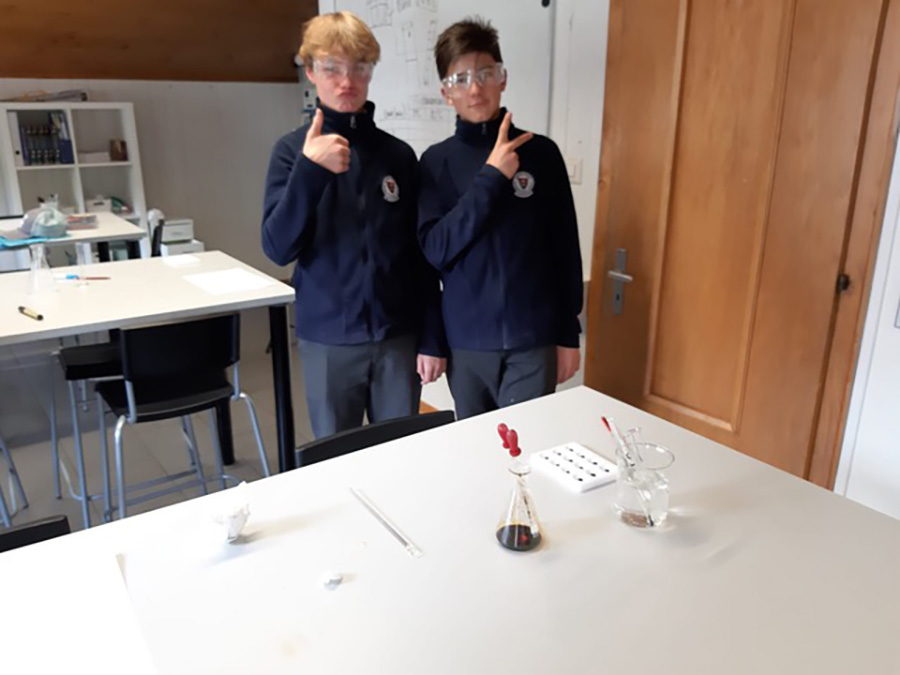
Because of the format of their learning, remote learners meet with an adult one on one, twice a week to go over any questions or feedback that they may have, to do with the structure of their learning. The teacher assigned to a meeting with the students is able to see all the work that they have posted. They are able to give more personalized verbal feedback and support for any possible misconceptions the students may have.
Families are happy with this continued opportunity and have welcomed changes made throughout the week to dynamically respond to the children’s needs.
Students are happy to return to normalcy. However, teachers and the school community at large should work together to help them cope with the current uncertain times. Let’s discuss some of the strategies that the school community can adopt as normalcy slowly returns.
COMMUNICATION, STRUCTURE AND ROUTINE
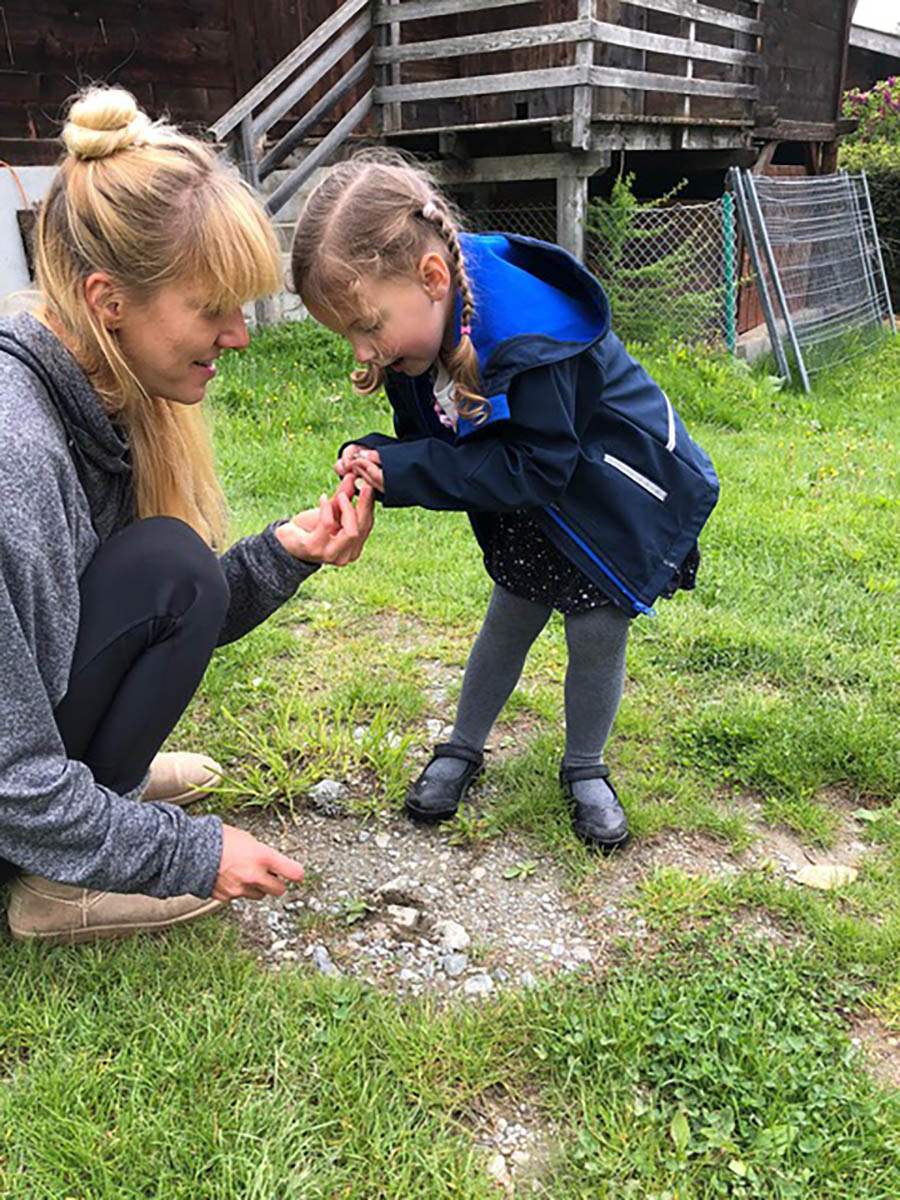
The return to regular school and physical learning has come as a relief to students and their parents. Watching global COVID-19 statistics growing across the world hasn’t been easy. Many students were on the verge of losing hope of ever going back to school.
As physical learning returns, the school community will need to communicate with parents to prepare their children for school. Schools can choose a simple means of communication that parents can relate with such as email or a newsletter. These should include information about changes the school plans on making to adhere to the guidelines released by the WHO.
Parents will be more willing to send their children back to school if they are assured of their safety.
CONTROL SEFL-ISOLATION EXPERIENCES TO DEVELOP STUDENT’S CONFIDENCE
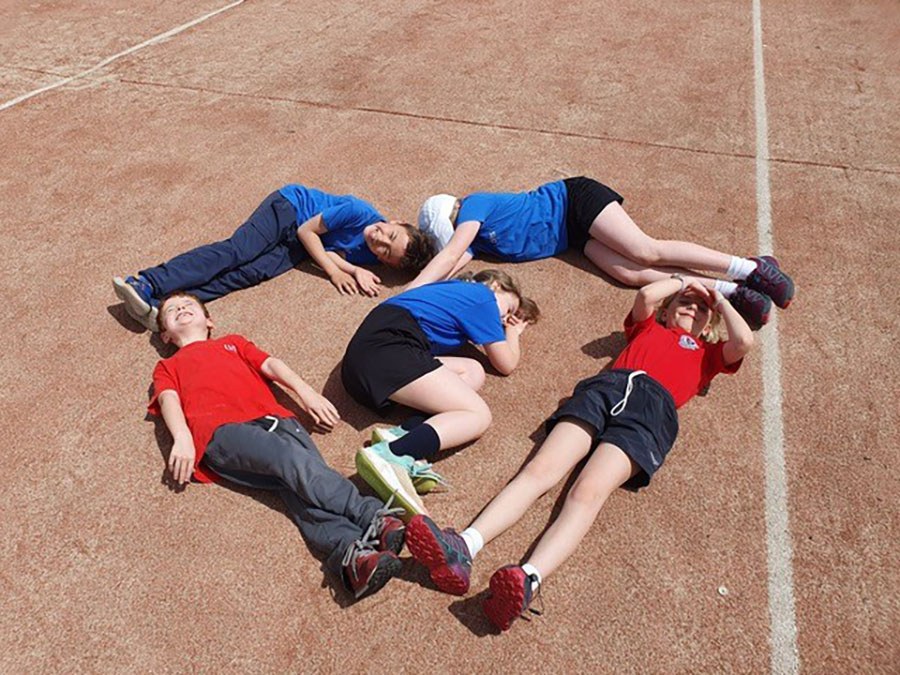
Students of all ages have had to embrace unusual responsibility in a bid to prevent new Covid-19 infections. Teachers can leverage the standard student output displayed during the remote learning period as a tool for real learning and teaching conversations. This feedback can help students become confident in their independence capabilities.
Developing this type of confidence and freedom is a way for teachers to demonstrate their genuine concern for students. Further, it’s a way of creating a supportive and safe learning environment where children can strive to succeed.
INVOLVE STUDENTS AND PARENTS IN THE PLANNING PROCES TO REDUCE ANXIETY
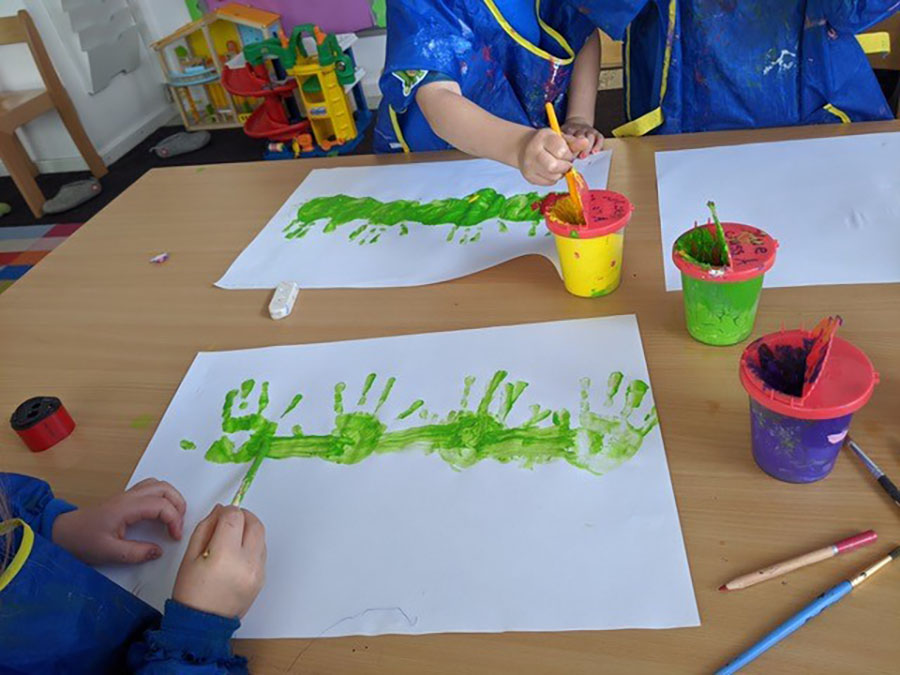
Proper planning and clear communication are -ideal methods of reducing anxiety in the transition process for students, teachers, and parents. School leaders especially, those that are involved in strategizing and implementing COVID-19 restrictions should ensure they are as friendly as possible.
This way, the transition to regular school and physical learning will be more flexible. At the educational level, teachers can create more chances for students to join new or redesigned activities instead of locking them out. This will help ease anxiety among children.
There’s never a better time to modify learning and teaching activities to accommodate the needs of every student than now. It’s worth mentioning that students who had better access to technology at home will have advanced during the remote learning period.
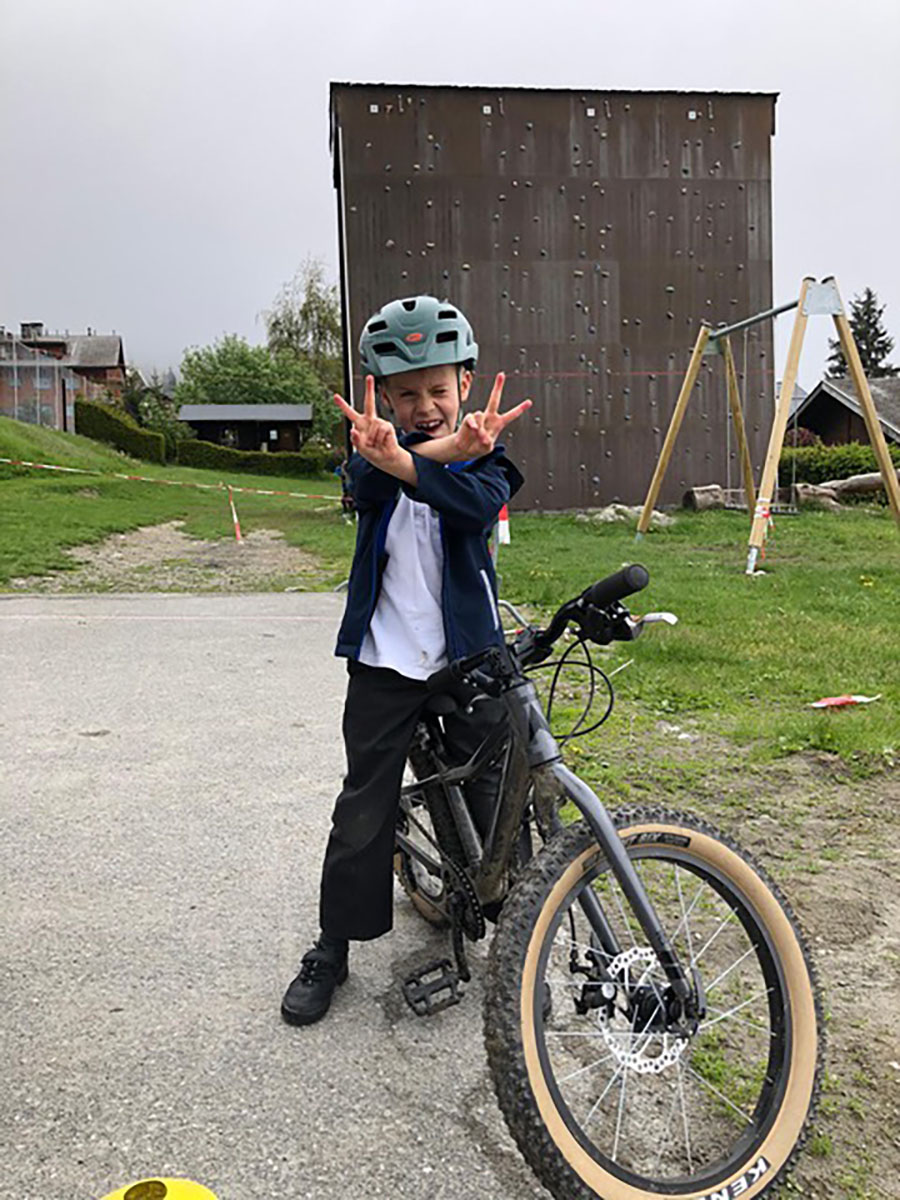
Students with limited access to the internet, on the other hand, will have made little or no progress. In some countries, this has been named the COVID-19 diversity gap. This does little to improve the existing difference between students from well up, and those from a humble background upon resumption of physical learning. Teachers may be forced to separate classes until all students are on the same page. This will come in handy to eliminate the learning gap that can hurt a student’s self-esteem.
The school community must be ready to empathize with students and recognize the difficulties some of them faced during the quarantine period. Teachers can also show students support in various ways as seen below.
- Sharing modified visual timetables before the resumption of regular school and physical learning
- Using their understanding of students to prepare and offer extra support to those that may be more anxious
- Communicating clear information about COVID-19 protocols and procedures with families, and
- Being present for students when they need a shoulder to lean on
SHARE AND EVALUATE HOME LEARNING EXPERIENCES
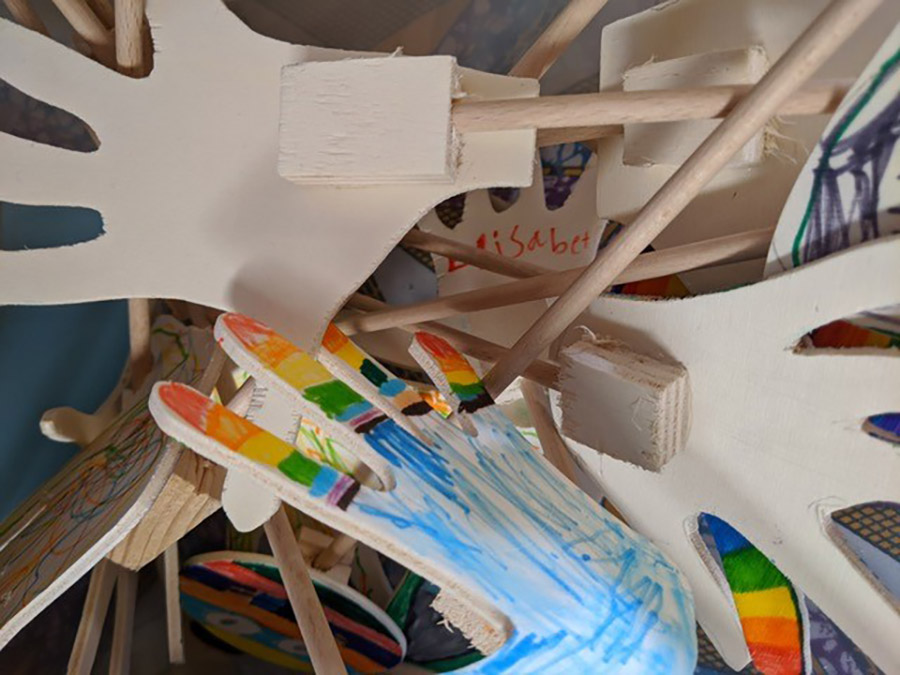
Creating time to evaluate and learn about student’s remote-learning experiences is a critical part of the transition to regular school. After a long time out of school, students will require space and sufficient time to readjust to physical learning.
For some students, this transition may come with lots of anxiety on the first day of the school year. Being prepared and catering for student’s needs should be highly prioritized. Teachers can provide different opportunities for learners to analyze their remote learning experiences as a way to support the transition.
Class discussions and other activities such as music, poetry, writing, drama, and dance can be therapeutic to the students. Discussing Covid-19 and establishing what the students know about the disease is crucial. The best way to ensure students understand the disease and how to prevent getting infected is by discussing it consistently.
There are various sources available today that teachers can use to give students a better understanding of Covid-19.
FORMING SCHOOL AND FAMILY RELATIONSHIPS
During the remote learning period, VIS teachers, especially those that handle students with special needs devised different operational strategies. For instance, they exercised caution to ensure students weren’t overloaded with school work which could cause them exhaustion.
Further, they adopted a teaching approach structured to promote the flexibility and convenience of caregivers and parents. This enabled them to cope with supporting their children’s learning routine. The new Covid-19 has brought about numerous anxieties, insecurities, and complexities.
Everybody has been attempting to balance and manage the effects individually while working remotely. Still, this has created more opportunities for parents and caregivers to understand the work that teachers do. Even with the inconveniences, this has been a great time for schools to utilize the newly created relationships to support students in their learning.
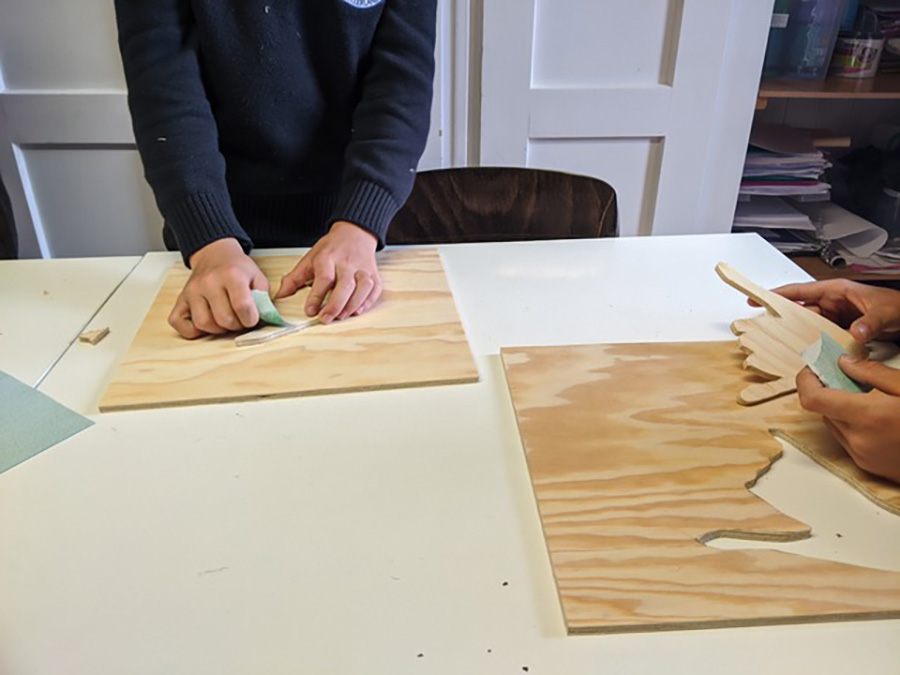
For the VIS community, this has been an authentic opportunity to combine and extend our communication ideas and structures with caregivers and parents. A better understanding of content by parents and caregivers can facilitate the formation of more valuable student learning goals.
This will also help them support their children at home better. For students who have additional needs, learning support processes and teams is critical. It offers effective tools to use this shared knowledge with parents to perfect, adjust, and adapt exclusive learning programs.
Regardless of their needs, students are likely to operate more independently within a remote learning setup. This newly acquired independence can be integrated into the modified regular school system and individual education plan objectives.
FINALLY
Schools across the world are slowly re-opening. Still, there’s a need to use new skills that students may have acquired during the remote learning phase. Teachers can leverage these skills to understand student’s strengths beyond the school curriculum. If nurtured, these skills can play a significant role in student’s careers in the future.
Sign up today to join our community and interact with professionals willing to give your child the best teaching experience.

